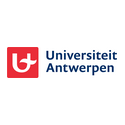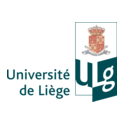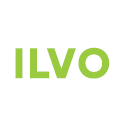In short
The main objective of PFASFORWARD is to gain insights in the presence, prevalence, behaviour, and distribution of various per- and polyfluoroalkyl substances (PFAS) throughout the entire food chain, including the impact of processing. We also investigate the pathways by which PFAS can enter the feed and food chain. PFASFORWARD does not only give an overview of the presence of PFAS on the Belgian market but also responds to issues highlighted in the Commission Recommendation (EU) 2022/1431 on PFAS monitoring in food.
Project description
PFASFORWARD focuses on the PFAS listed by Commission Recommendation (EU) 2022/1431, mainly 4-EFSA-PFAS, carboxylate-PFAS (C4-C14), sulfonate-PFAS (C4-C13), and when possible, without compromising method sensibility, emerging PFAS. Furthermore, we perform untargeted analyses for a limited number of samples to extend the analyse scope and envisage a broader range of fluorinated contaminants.
First, we further complement the monitoring data obtained within the project FLUOREX by adding foodstuffs from the Belgian market.
Then, we investigate the PFAS behaviour and distribution by analysing different contaminated edible fractions of the same animal or plant. Since the concentrations of PFAS can vary between the different parts, the impact of food recipes (e.g. product composition/formulation and/or fractionation) will be investigated experimentally and theoretically. The type of PFAS will also be considered as it might influence the process (e.g. long-chain versus short-chain compounds).
Additionally, we gather more knowledge on the origin and transfer of PFAS throughout the food chain, through literature review, experiments or simulations. This permits to reduce or prevent possible contamination and, as such, guarantee consumers’ food safety. We also gather information on possible PFAS transfer from compost, sewage sludge, irrigation water, well water, soil, feed and feed materials.
PFASFORWARD does not only give an overview of the presence of PFAS on the Belgian market but also responds to issues highlighted in the Commission Recommendation (EU) 2022/1431 on PFAS monitoring in food.
Sciensano's project investigator(s):
Service(s) working on this project
Partners






